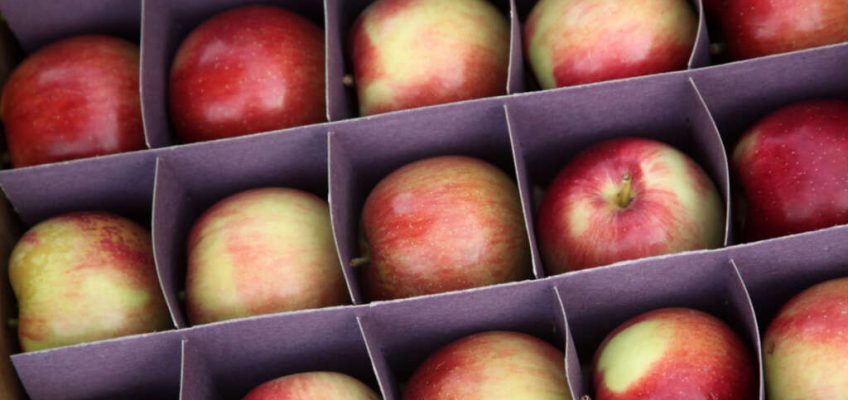“Nutrition is one of the most powerful—and most underrated—tools in recovery.”
(Edward Reed/NYC Mayor’s Office)
Sixteen months ago, I woke up in a hospital bed at Albany Medical Center connected to tubes, with my mother standing over me. Someone I owed money to had run me over with his car. That was a turning point. I realized I had to turn my life around. But I didn’t realize then how much of a role nutrition would play in my recovery from substance use disorder.
When I entered Samaritan Daytop Village’s 43rd Street Veterans Program, I expected therapy, group sessions, and support for my sobriety. What I didn’t expect was to learn how deeply what we eat affects how we feel—and how much it matters in building a healthier life. Samaritan has long believed in treating the whole person: mind, body, and spirit. Today, they are leading the charge in weaving nutrition education into recovery programs because when people feel better physically, they have an easier and more successful path to recovery.
As a 46-year-old Marine Corps veteran, I found comfort being surrounded by others who had served and were also in recovery. In those early days, I started to notice that healing wasn’t just about staying sober. It was about building a strong foundation—sleep, exercise, relationships, and food. The more I learned, the more it made sense: recovery is really about whole health.
Individuals experiencing substance use disorder are more likely to struggle with chronic conditions like high blood pressure, diabetes, and liver disease. Many of us also face nutritional deficiencies. Studies show up to 85 percent of people in recovery have inadequate diets, and that adding omega-3s, vitamins, and minerals can improve mood, memory, and focus while reducing relapse risk.
I know this from lived experience. Before recovery, I was known as the “Honey Bun Man.” That fried pastry with sugar glaze was my comfort food—morning, noon, and night. But my diet fueled mood swings, poor sleep, and constant agitation. Once I began learning about the link between food and mental health, everything changed. Today, I’m living in Harlem and working full-time as a Wellness Ambassador at Samaritan’s Peer Alliance Recovery Center (PARC) in the Bronx, where I lead the Healthy Lifestyle Initiative. Nutrition is one of the most powerful—and most underrated—tools in recovery.
At PARC, I run weekly nutrition workshops. Every Tuesday morning, participants from Samaritan programs and the broader community come together to talk honestly about food. What’s in your pantry? How does eating one meal a day—or eating nothing but processed snacks—make you feel? How do you fuel your mind and body for the day ahead?
We don’t focus on perfection. We focus on progress. Some people rely on food pantries; others live with diabetes or hypertension. Together, we talk about rinsing canned beans to lower sodium, swapping soda for water, or choosing an egg instead of a honey bun. We play “This or That”—chips or fruit? Soda or seltzer? It’s about small, achievable changes that build momentum.
And we’re seeing results. Participants tell me, “I’ve been sleeping better since I stopped skipping breakfast,” or, “This week I bought the small bag of chips instead of the big one.” These may sound like small victories, but recovery is made of small victories stacked one on top of another.
Recently, we’ve added cooking demonstrations using pantry staples. No fancy ingredients—just simple, budget-friendly meals that nourish body and mind. We’re even creating a “pantry cookbook” so people can take recipes home.
The success of these workshops has sparked something bigger. Samaritan is now working to expand nutrition education across all its programs, reaching the 30,000 people served annually—from Long Island to the Bronx to the Hudson Valley. Because everyone deserves to feel good in their body and mind.
Nutrition isn’t a magic fix. But it’s a powerful foundation. At Samaritan, we believe that when you strengthen the body, you strengthen the mind. Food fuels more than recovery—it fuels hope, stability, and the belief that tomorrow can be better than today.
Jamel Lewis is the head wellness ambassador at Samaritan Daytop Village’s Peer Alliance Recovery Center.
The post Opinion: Nutrition Helped Me in Recovery. Now I Use It to Help Others appeared first on City Limits.


Leave a Reply